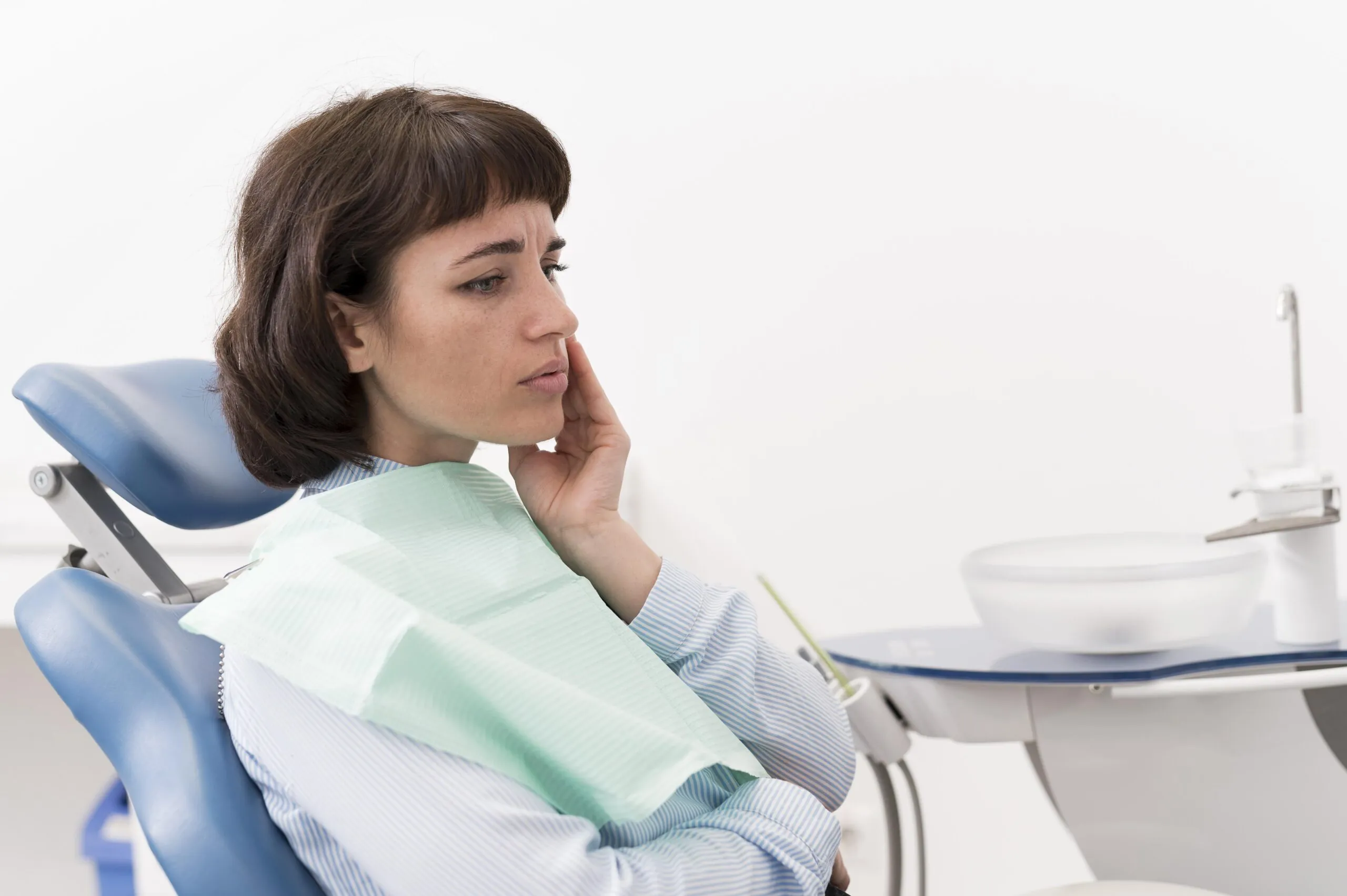Emergency Dental Care
Reliable Care In Dental Crises

Everything About
Emergency Dental Care In Fairfield, CA
Emergency Dental Care
When a dental emergency occurs, do you know what to do? Our dental team wants to be there for you so that if an accident happens, you’ll get the help you need immediately. Our dentist is prepared for emergencies and has retained time just for these crisis situations so that you don’t have to experience anxiety along the way. You can rest assured knowing that you will receive treatment as soon as possible. From something as small as a chipped tooth to more intense incidents, there is nothing our emergency dentist can’t handle. Give our dentist office a call if you are concerned with your condition. Of course, if your injury is life-threatening, call 911 or go immediately to a hospital.
What Is A Dental Emergency?
At Smile Time Dental, we consistently recommend that the optimal approach to avoiding dental emergencies is through preventive care, such as routine dental examinations and teeth cleanings. Nevertheless, dental issues can arise unexpectedly, leaving patients uncertain about the severity of their situation. They may wonder if they can delay treatment for several hours or days, or if they should immediately visit the nearest emergency dental clinic.
There are a few indicators to help determine if your problem necessitates immediate attention. For instance, in the event of a lost or broken tooth, it is crucial to schedule an emergency dental care visit. If you are experiencing a toothache, promptly contacting a dentist is advisable.
Some dental concerns that initially appear to be emergencies may not demand urgent care. For example, if you have a chipped tooth without accompanying pain or significant bleeding, it may be possible to wait a few days before consulting a dentist. It is still essential to schedule an appointment as soon as possible, but there is no need for panic if it takes a couple of days for your dental professional to see you.
Similarly, if you experience mild sensitivity that only causes minor discomfort and does not disrupt your daily routine, it is likely that you can wait a few days before seeing a dentist without experiencing extreme distress.
How To Handle A Dental Emergency
The instructions below will help you preserve the injured area(s) and keep your tooth in a secure condition until reaching our emergency dentist :
Severe Tooth Pain: Apply ice for 10-20 minutes hourly, and take acetaminophen as directed.
Possible Broken Jaw: Stabilize jaw with a necktie, handkerchief, or towel; apply a cold compress, and visit the emergency room.
Debris in Teeth: Use dental floss to dislodge debris, or contact our office for an appointment.
Loose Tooth: Contact our office for a bridge to support the tooth.
Broken/Chipped Tooth: Rinse mouth and tooth pieces with warm water, and keep pieces in a container with saltwater, milk, or saliva. See an emergency dentist.
Lost Filling/Crown: Schedule an appointment and use clove oil, ice packs, tooth wax, or cement for temporary relief.
Toothache: Rinse with warm water, floss gently, and schedule a dental appointment if pain persists.
For braces-related issues, contact your orthodontist for an appointment and follow their guidance.

Dental Emergency Prevention
How To Avoid Dental Emergencies:
- Maintain oral hygiene
- Use mouthguards in sports
- Limit harmful foods and drinks
- Apply sealants on teeth
- Regular dental checkups
- Take essential vitamins

Dental Emergency Prevention
How To Avoid Dental Emergencies:
- Maintain oral hygiene.
- Use mouthguards in sports.
- Limit harmful foods and drinks.
- Apply sealants on teeth.
- Regular dental checkups.
- Take essential vitamins.
How can we help you?
Frequently Asked Questions
Typically, most dental insurance plans cover emergency services. Our team will collaborate with you to ensure you get the necessary care with the appropriate coverage.
Toothaches are the most prevalent dental emergencies, caused by factors like tooth decay, cracked or broken teeth, infections, or gum disease. Other common emergencies include lost fillings or crowns, broken or chipped teeth, and knocked-out teeth.
If a permanent tooth is dislodged, rinse it with water and reposition it immediately before visiting a dentist. If you can’t replace the tooth, store it in milk or saliva and bring it to our office right away.
